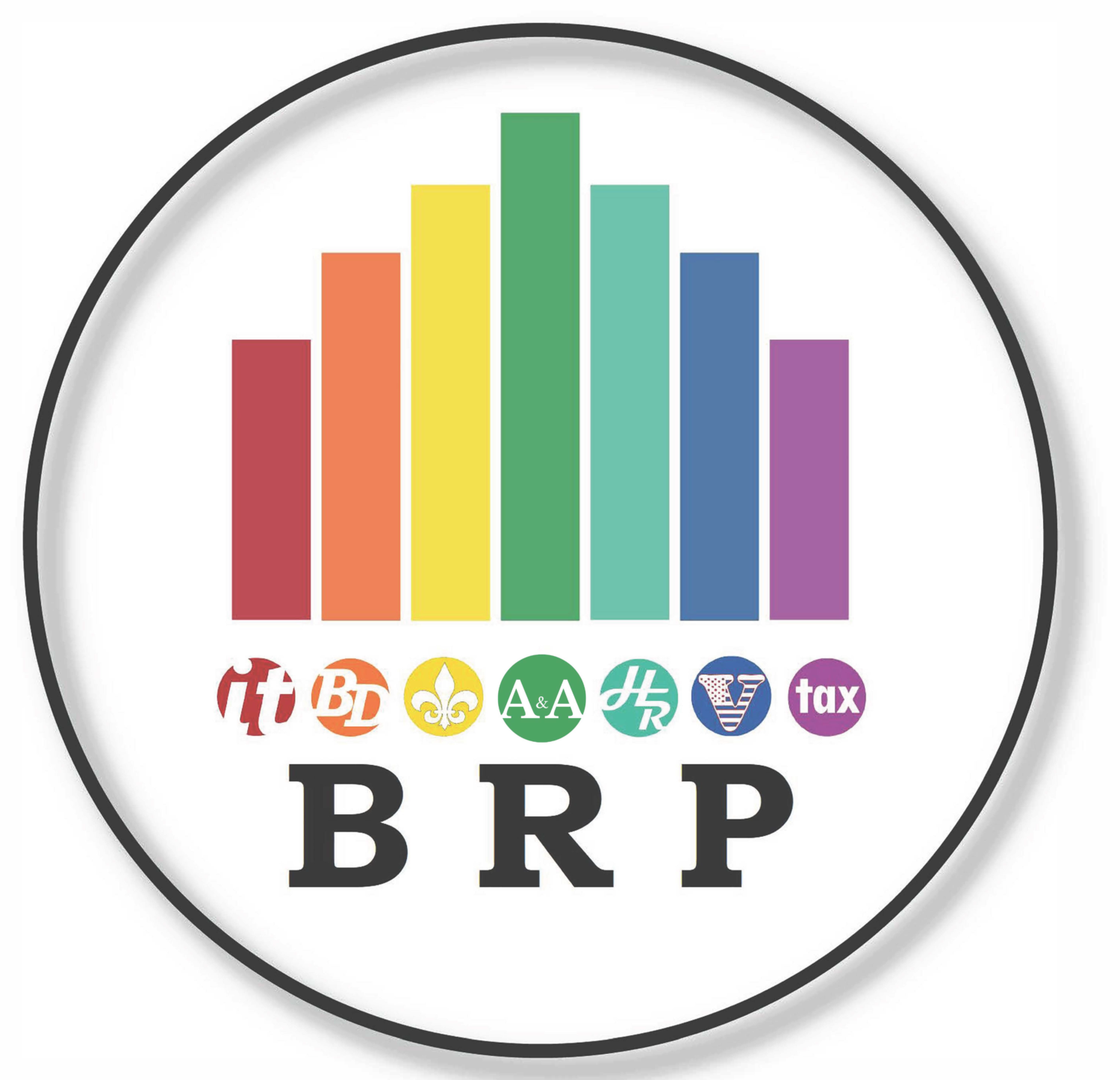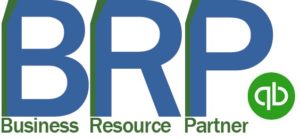A capital asset can include inherited property or property someone owns for personal use or as an investment. When you sell a capital asset, the sale will result in either a capital gain or loss. Here’s a great article sent to us by the IRS.
Helpful facts: Capital Gains & Losses According to the IRS:
~Capital Assets: These include, home, car, stocks and bonds.
~Gains & Losses: A basis is what you originally paid for your asset. The Capital gain or loss is the difference between the basis and the amount you get when you sell the asset. For more details about inherited property, see IRS Publications 544, 550, & 551.
~Net Investment Income Tax: Taxpayers must include all capital gains in their income. If your income was above a certain amount, it may be subject to Net Investment Income. For more details on this, visit IRS.gov.
~Deductible Losses: You can deduct capital losses on the sale of investment property. You cannot deduct losses on the sale of a property you have for personal use.
~Limit on Losses: If your capital loss is more than your gains, you may deduct the difference on your tax return. Loss is limited to $3,000/yr, or $1,500 if married but filing separately.
~Carryover Losses: If your total net capital loss is more than the limit mentioned above, you may carry it over to next year’s tax return.
~Long & Short Term: If you hold the property for 1 year or less, it is short-term.
~Net Capital Gain: Ultimately, if your gains are more than your losses, you have a net capital gain. If your long-term gains are more than your long-term losses, the difference is a net long-term capital gain. If the net long-term capital gain is more than the short-term capital loss, you have a net capital gain.
~Tax Rate: This depends on your income. The Max on a net capital gain is 20%. Most fall between a 0%-15%. However, a 25%-28% can apply to certain types of net capital gain.
~Forms to File: You will often need to file Form 8949, and Schedule D with your tax return. For more on this, visit the Schedule D Instructions.
It is important to keep a copy of your tax returns. If you are using a software product for the first time, you may be required to include your Adjusted Gross Income from the prior year’s return to confirm your identity. To learn more about this, or how to electronically sign a tax return, visit this Validation Info Page.
Business Resource Partners has tax professionals on staff who know the ins and outs of tax prep requirements, we would be happy to assist you in your 2016 and future tax needs!
Call (321) 236-2771 or visit us at 310 Almond Street Clermont, FL 34711.


